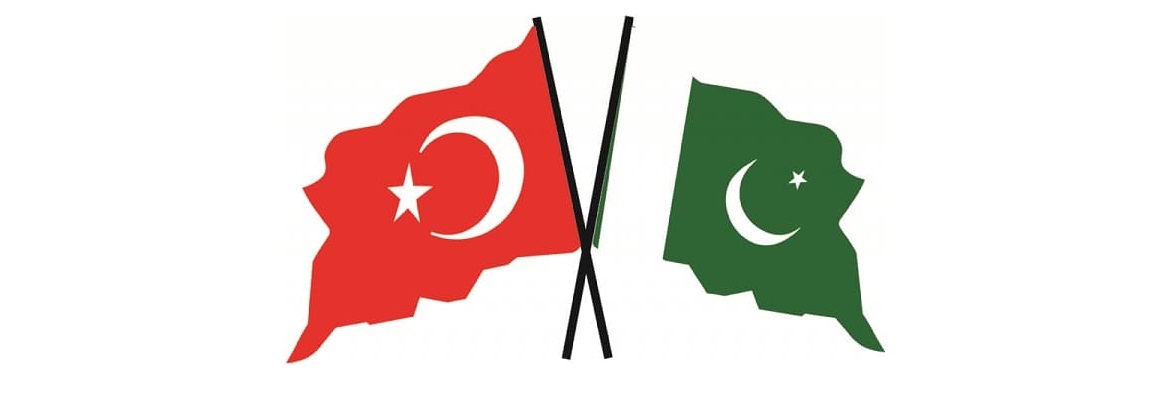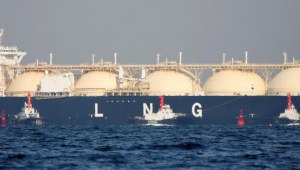Islamabad: Pakistan and Turkiye have reaffirmed their commitment to strengthening bilateral cooperation by signing 24 Memorandums of Understanding (MoUs) across trade, investment, defense, energy, education, and technology, setting a $5 billion trade target.
The agreements were formalized during Turkish President Recep Tayyip Erdogan’s visit to Pakistan, where he met with Prime Minister Shehbaz Sharif and co-chaired the 7th High-Level Strategic Cooperation Council (HLSCC) session.
Read: Pak-Saudi economic partnership grows with new trade deals
Key Agreements Signed
- Trade & Investment: MoUs were signed to boost industrial cooperation, streamline trade digitalization, and facilitate business expansion.
- Energy & Infrastructure: Agreements focused on energy transition, hydrocarbon exploration, and mining development.
- Science & Technology: MoUs covered halal trade, water resource management, and legal metrology infrastructure.
- Banking & Finance: The central banks of both countries agreed on technical cooperation, while the Export Credit Bank of Turkiye partnered with Pakistan’s EXIM Bank to enhance trade financing.
- Education & Health: The two sides signed agreements in the pharmaceutical sector, higher education collaboration, and skills development programs.
- Defense Cooperation: Agreements were signed for military personnel exchanges, air force electronic warfare collaboration, and defense industry development. Additionally, Turkish Aerospace Industries (TAI) and Pakistan’s Naval Research and Development Institute (NRDI) formalized an MoU to enhance naval capabilities.
Read: Pak-China MoUs focus on fodder, fruits, vegetables processing
Prime Minister Shehbaz Sharif lauded Turkiye’s unwavering support for Pakistan, particularly on regional matters, and acknowledged its contributions to Pakistan’s economic and humanitarian initiatives.
President Erdogan urged Turkish businesses to explore opportunities in Pakistan’s special economic zones, reaffirming Turkiye’s commitment to strengthening economic ties and regional cooperation.
The leaders concluded the session by underscoring their nations’ deep-rooted friendship and vowing to expand collaboration for mutual growth and stability.








